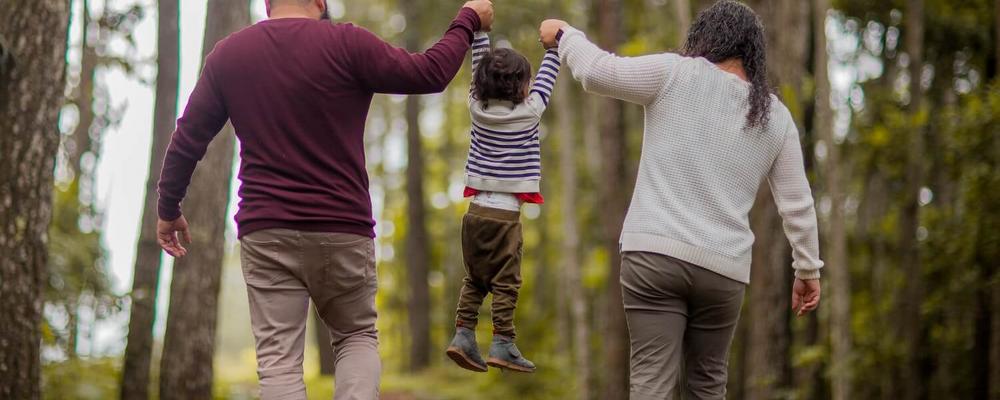
Please, put sleep on the agenda! (Part 3)
Maj-Britt Poserrud continues her conversation on the importance of sleep.
[Posted on 23rd November, 2021, by Maj-Britt Posserud]
Thank you so much for sharing your own personal experience, Helen. What you write is very recognizable and I think it applies to us all. Although most of us don’t always suffer from sleeping problems, most of us will at some time in life experience them. It agrees with what research tells us; CBT techniques are helpful, and usually quite effective. The challenge is however getting access to the treatment and then being able to motivate oneself to stay on track… It is not an easy fix. It entailed quite a lot of treatment (eight sessions) and getting up at 6:30 am... EVERY DAY! Most people will probably think “ok that works, but it’s definitely not worth it!” And even if they think it could be worth it, it takes a lot of determination actually getting up at 6:30 am every weekend!
It reminds me of sessions with adolescents referred to me for insomnia. They want a pill, a quick fix. When we go through basic sleep hygiene, that should always be the pillars of insomnia treatment, we usually get stuck immediately. There is no way that they are going to turn off their phone, not use it at night and not go to bed with it. It is just unthinkable. They reply “ok, so if I do all these things, maybe I would sleep better, but no way I am going to do it”. They simply don´t want to give up long mornings in the weekend and their phone. Usually they defend their choice by saying that it wouldn’t work anyway. They have tried it, but they end up with rumination and increased stress, which is something you also talk about, Helen. I do agree very much with the point about rumination. That in many instances rumination may be secondary to lying awake, rather than the other way around. Many patients have reacted very spontaneously with relief when I suggested it may be this. As in that they feel that it is true, that when lying awake, often rumination happens, in spite of not being depressed. This creates a vicious circle that they struggle to get out of, and just improving their habits by dropping the phone etc may not be enough. At least a lot of motivational work and thorough assessment of the individual dynamics is important.
There are few universal tips. Personally, for example, I don’t quite agree with the standard advice that you quote to only use the bed for sex and sleep. I often read or listen to audiobooks and it makes me relax and fall sleep very effectively. I also experience that many of my pediatric patients with neurodevelopmental conditions have an inherent restlessness so they need a low key stimulus to keep them still enough to be able to go to sleep, like soft music, a lava lamp, an audiobook.
If I were to give one universal advice it would be to try to get some daylight before lunch. Even better if combined with exercise! Most research indicate that daily exposure to daylight in the first part of the day, combined with exercise is a great way to increase the chances of restful sleep at night. Speaking for myself, I started doing daily exercise and there were three consequences of this that surprised me somewhat: 1. If I for some reason was not able to exercise that day, I could not sleep (what surprised me was how strong this effect was). This led to my second discovery, which was that exercising late (which is often not advised) did not hinder sleep. In fact, it promoted sleep much better than refraining from exercise because it was “too late” (which was the most common reason for my dropping exercise). The third discovery was that I slept overall less time, but still felt rested. My smartwatch indicated that my sleep efficiency increased, so that I overall needed less sleep.
My personal conclusion after trying out exercise as a remedy for sleep is that lack of time is a poor excuse for not exercising. Exercise may not be a universal cure for sleep, but for most people lack of exercise will increase the boring hours laying listlessly awake in bed... So get out and move, if you want to sleep tight.
[This is a blog. The purpose of the blog is to provide information and raise awareness concerning important issues. All views and opinions expressed are those of the writer and not necessarily shared by the GNC.]

